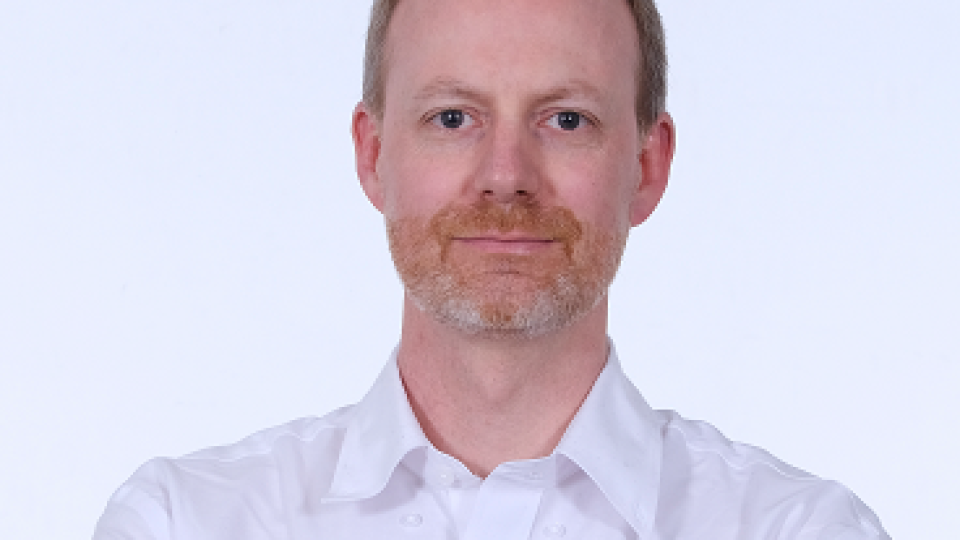by TINTSWALO BALOYI
JOHANNESBURG, (CAJ News) – AN expert believes smart home technologies could shield consumers from higher costs to be incurred if Eskom succeeds in its recently-proposed revised tariff structure.
If approved by the National Energy Regulator of South Africa (NERSA), the structure will charge residential consumers based on when they use electricity.
Schedules will be split into peak, standard or off-peak periods,
Dr Andrew Dickson, Executive: Engineering at CBI-Electric: Low Voltage, said smart home technologies could help users keep an eye on which appliances are consuming the most electricity as well as turn them off remotely when they are not in use or during peak periods.
“This is crucial, seeing that leaving multiple appliances on standby could be responsible for up to 10 percent of a household’s electricity bill,” he said.
Dickson pointed out amenities like geysers and washing machines, which draw large energy loads, can be scheduled using this technology to turn on only during off-peak periods to further control costs.
Additionally, as there will be different peak and off-peak periods for summer and winter, which consumers will be charged against, users can sync their smart home app with a weather app, enabling them to switch the appropriate appliances on or off or schedule them depending on the weather, Dickson added.
Dickson’s sentiments coincided with another bout of loadshedding.
NERSA has until November 7 to decide if changes proposed by Telkom will come into effect in April 2023.
“Regardless of whether the revised tariff structure is approved, we need to be more conscious of our consumption and aware of the impact we are having not only on the country’s grid, but the planet too,” Dickson stated.
– CAJ News

